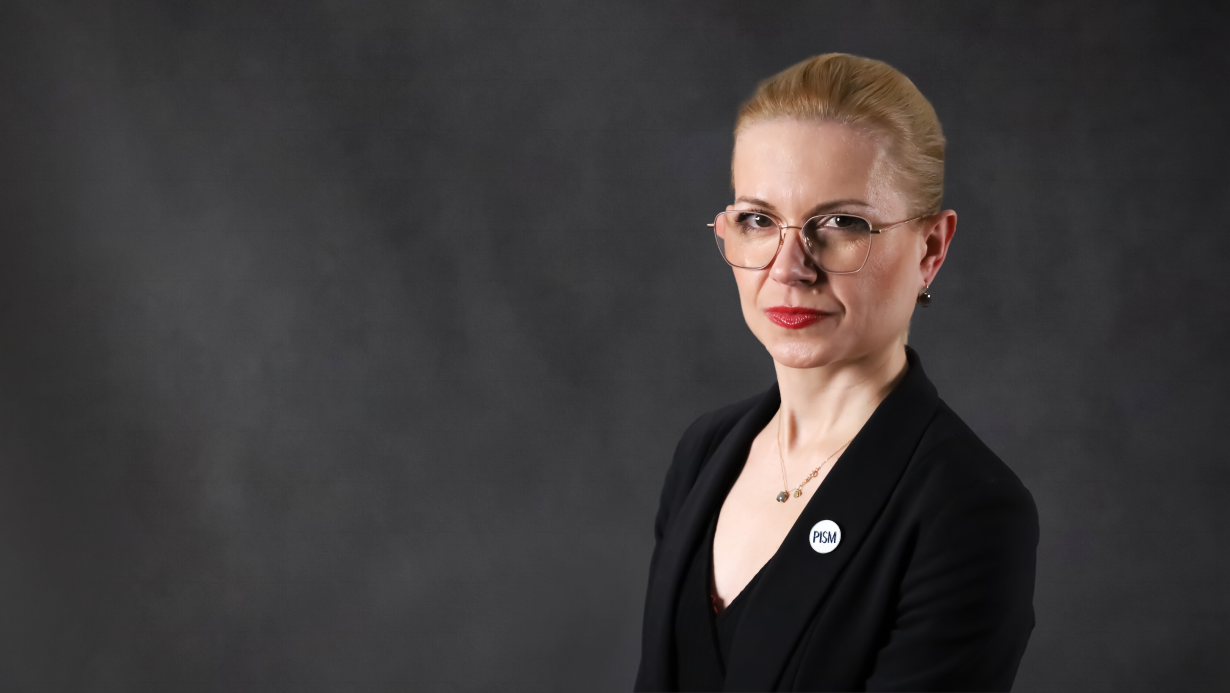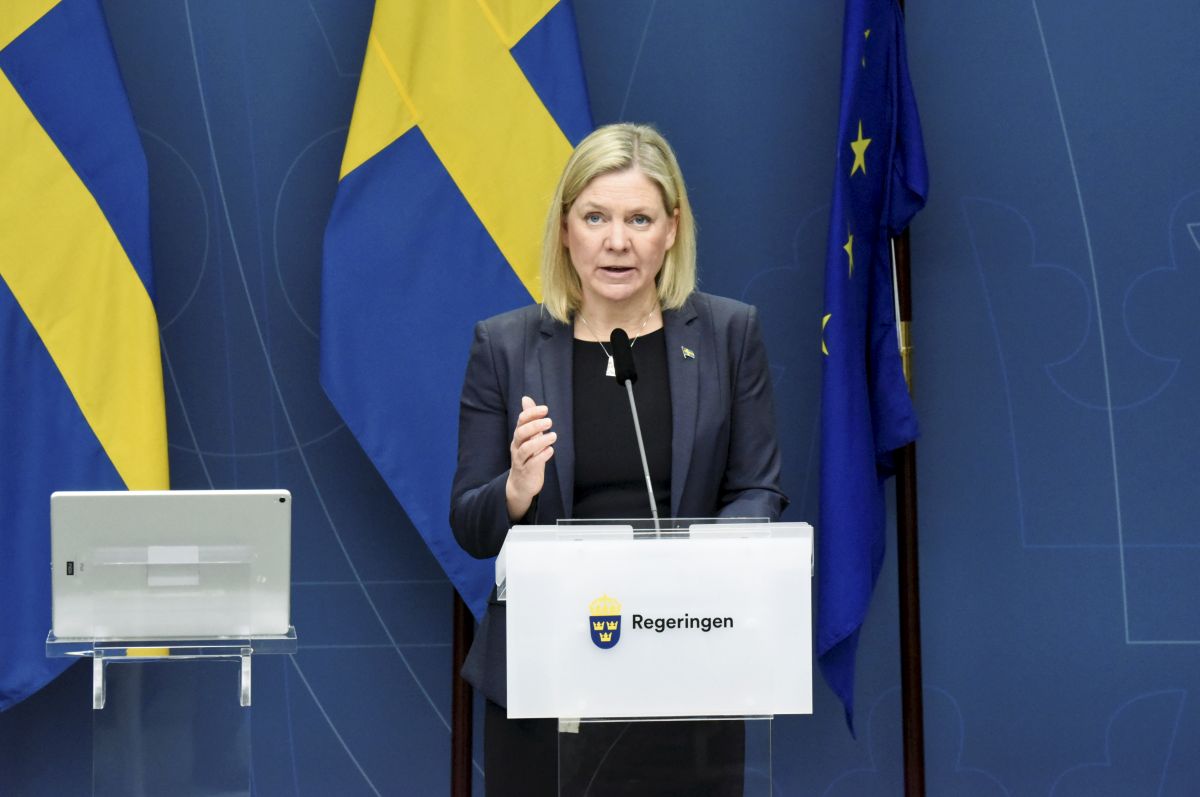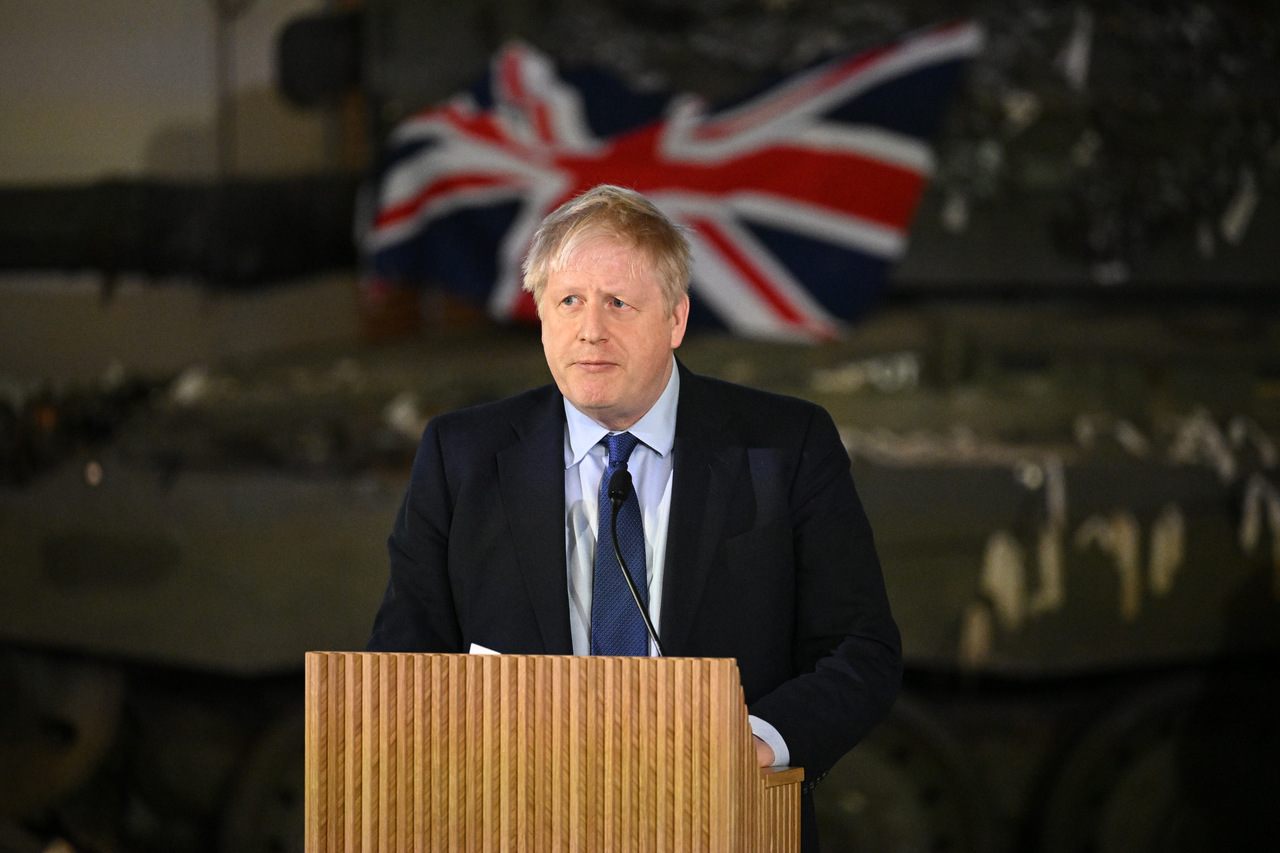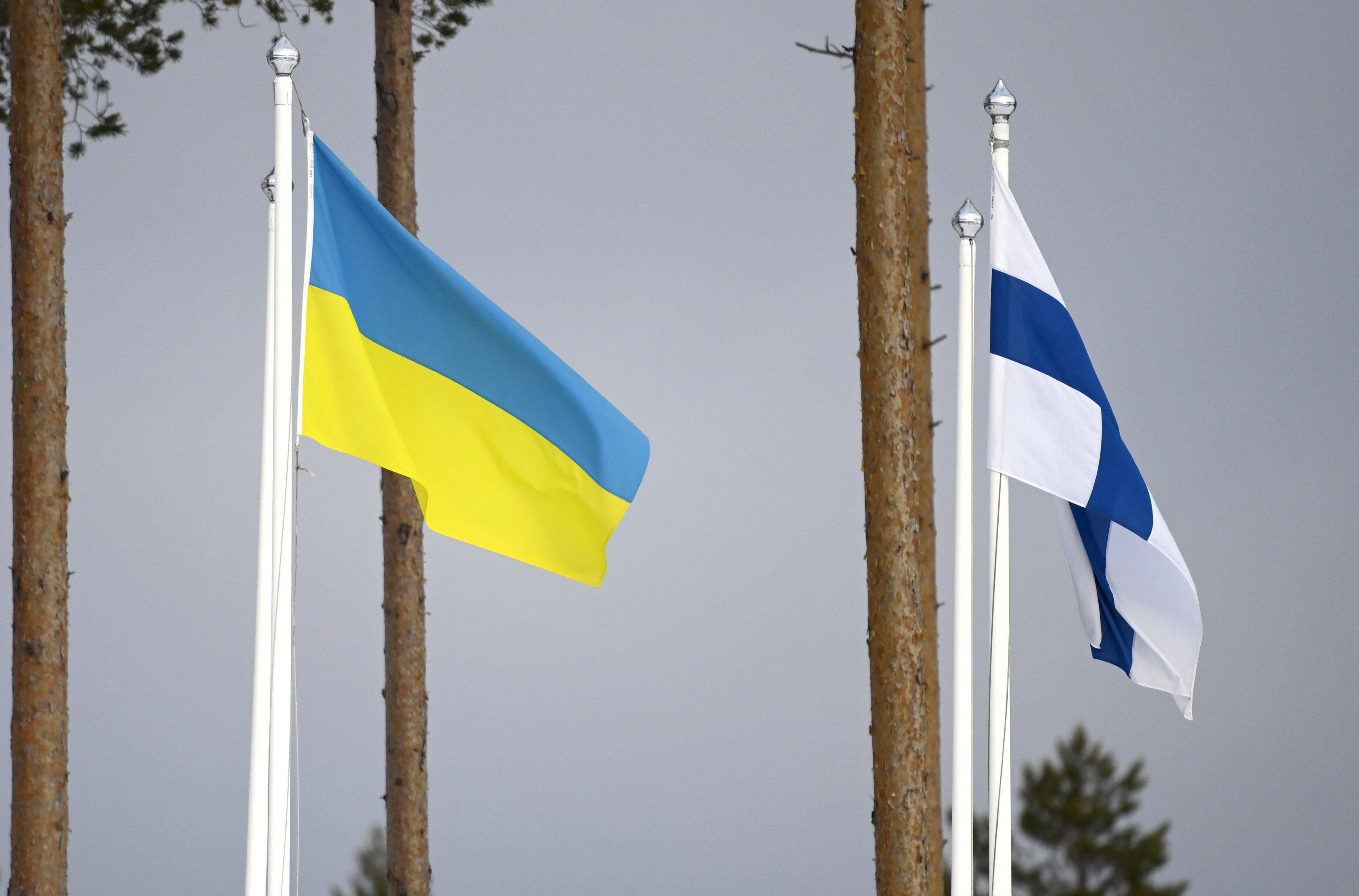Finland's Declaration on NATO Accession
On 12 May, President Sauli Niinistö and Prime Minister Sanna Marin issued a joint statement in which they supported Finland’s application for NATO membership as soon as possible. The declaration marks an historic change in the Finnish perception of security caused by Russia’s invasion of Ukraine. Finland wants to strengthen its security by departing from the policy of non-alignment. It may also influence Sweden’s decision on the same issue. In view of the expected sharp reaction from Russia and the long duration of the accession process, the UK’s security guarantees for Finland and Sweden, announced on 11 May, are of great importance.
_sm.jpg) TT NEWS AGENCY/ Reuters/ FORUM
TT NEWS AGENCY/ Reuters/ FORUM
What does the declaration by the president and prime minister concern?
In a joint statement, Niinistö and Marin backed Finland’s immediate application for NATO membership. They both emphasised that in view of the ongoing Russian aggression against Ukraine, Finland’s entry into the Alliance is necessary, as this is the only way to increase the country’s security. Therefore, they express the hope that the internal discussion and decision-making process in parliament will be completed within the next few days. To apply for accession, the support of a parliamentary majority is required. The declaration also claims that, as a NATO member, Finland will strengthen the entire Alliance. The declaration is intended not only to mobilise Finland’s parliament to act swiftly (in the membership debate in April, eight out of the 10 parliamentary groups expressed support for accession), it also sends a signal to the NATO member states to carry out the accession process smoothly.
How has Finland’s cooperation with NATO been so far?
Finland’s longstanding policy of non-alignment did not mean a lack of cooperation with NATO. On the contrary, in 1994 Finland joined the Partnership for Peace, then participated in crisis-management missions in the Balkans (and still participates in the KFOR mission in Kosovo) and in Afghanistan (first in the ISAF mission, and then in the RSM after 2014), and since 2012 has participated in the NATO Response Force (NRF). Cooperation with the Alliance further intensified after the first phase of the Russian aggression against Ukraine in 2014. At that time, Finland and Sweden obtained Enhanced Opportunity Partner status, significantly increasing their participation in NATO exercises in order to build interoperability of their forces with allied units. The signing of an agreement with NATO in 2014 regulating the possible deployment of allied forces to Finland, especially in case of a crisis or conflict with Russia (Host Nation Support) was significant in this respect. At the same time, Finland has been successively tightening its bilateral military cooperation with Sweden and, together with Sweden, signed an agreement on enhanced defence cooperation with the U.S. in 2018.
What are the political conditions for abandoning the policy of neutrality?
Despite tightening cooperation with NATO and the U.S. prior to Russia’s invasion of Ukraine, Finland’s political elite and society remained attached to the policy of non-alignment. The perception of security changed dramatically only in recent months. The Russian attack against Ukraine meant that 76% of Finns currently support joining NATO, compared to January this year when support was less than 25%. The revolution in society’s perception of state security has caused a rapid change in the positions of the vast majority of the political forces, including the five-party ruling coalition formed by the Social Democrats, the Centre Party, the Green League, the Swedish People’s Party, and the Left Alliance. Of these, only the Swedish minority was traditionally in favour of NATO membership. Now, only the Left Alliance is opposed to joining NATO, although if a membership application is tabled, it does not intend to leave the government or obstruct the process.
What are the implications of Finland’s decision for European security?
Finland’s application for NATO membership will probably accelerate a similar decision by Sweden. Although both countries decide independently on the membership question, they consult each other on this subject, which was confirmed by Prime Minister Marin’s last visit to Sweden in April. The Swedish decision-making process may speed up, as the government plans to present its position on this issue as early as next week. This is due to the key changes in the security environment, the direct consequence of which has become the growing threat to Sweden, as indicated by a government report published in May. An announcement that Sweden would submit an accession application right after or in parallel to Finland would have far-reaching implications for European security. With Sweden and Finland as members, NATO would have more opportunities in the Baltic region to defend itself effectively against Russia, and the Baltic Sea would become almost surrounded by the Alliance. Therefore, sharp reactions from Russia are likely. They are expected to during the accession process of both countries. Hence, the NATO Secretary General declared that the process will be conducted efficiently and could be finalised by the end of 2022. Russia could step up hybrid and disinformation warfare against Sweden and Finland, violate their territorial waters and airspace, and use nuclear threats to try to disrupt the process.
What is the significance of increased cooperation with Britain?
In the context of deterring Russia from escalating tensions in the Baltic region, the bilateral agreements on defence cooperation concluded by Finland and Sweden with the United Kingdom on 11 May are crucial. They provide for exercises, intelligence sharing, and the possibility of deploying troops. Their practical effect is to cover Finland and Sweden with British security guarantees until their formal accession to NATO. In the long term, the agreements may allow for the deepening of defence cooperation, which has intensified in recent years. In the industrial dimension, fruit of this relationship includes the Swedish-British NLAW anti-tank guided missile, now widely used in Ukraine, and, in the operational aspect, the cooperation of these three countries within the joint expeditionary forces (JEF) created by the UK with the Nordic and Baltic countries. The agreements may also strengthen the British presence on NATO’s Eastern Flank (it remains a framework state for the NATO battle group in Estonia) and the High North (participation in numerous manoeuvres in Norway).






